Argonne report on characteristics of light-duty plug-in electric vehicles in US
Green Car Congress
NOVEMBER 22, 2022
million PEVs have been sold in the United States through December 2021, with 1.3 million of these all fully-electric battery electric vehicles (BEVs), and 800,000 plug-in hybrid electric vehicles (PHEVs) which have the capability of using gasoline. billion miles, offsetting 700 million gallons of gasoline.

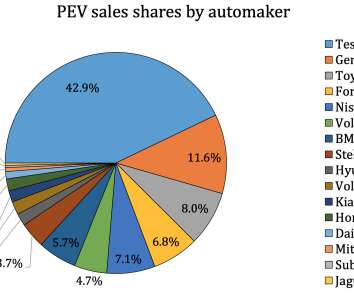



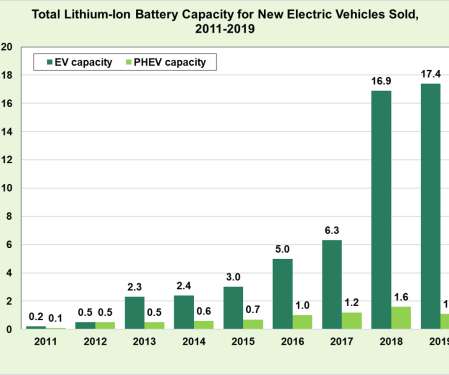



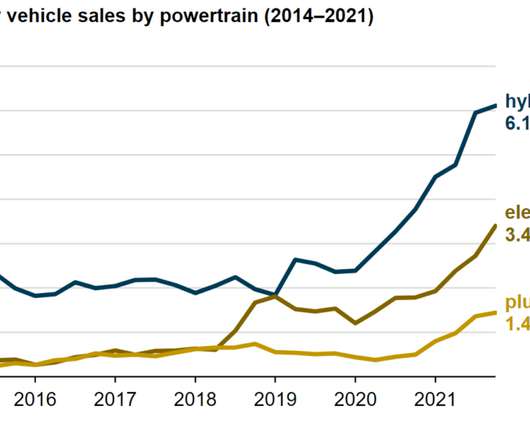

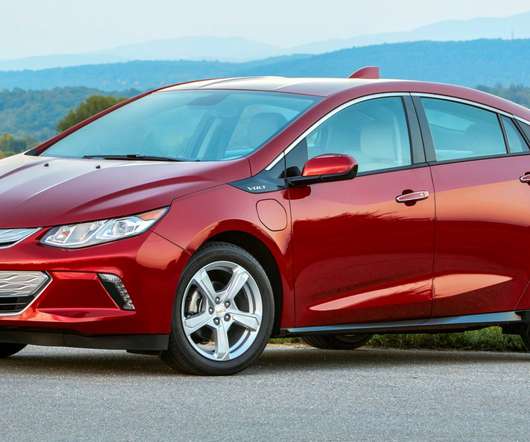






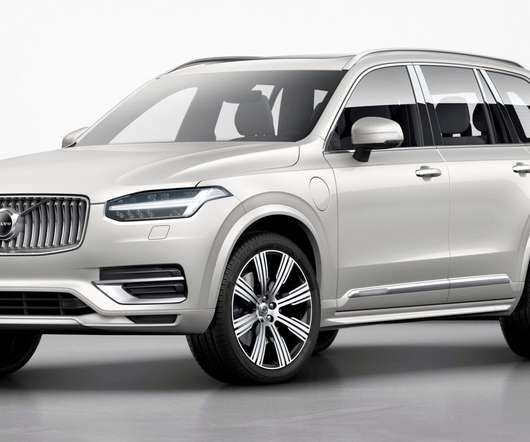

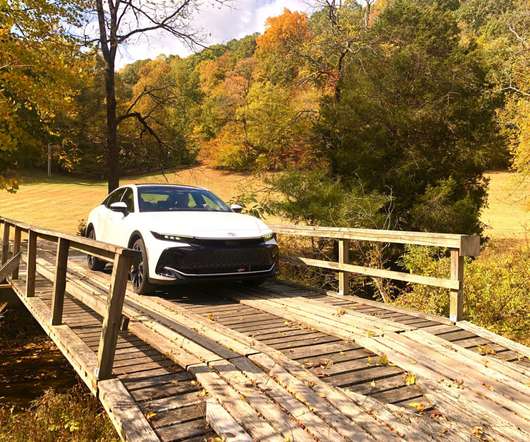






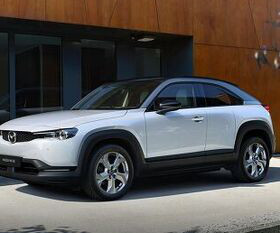


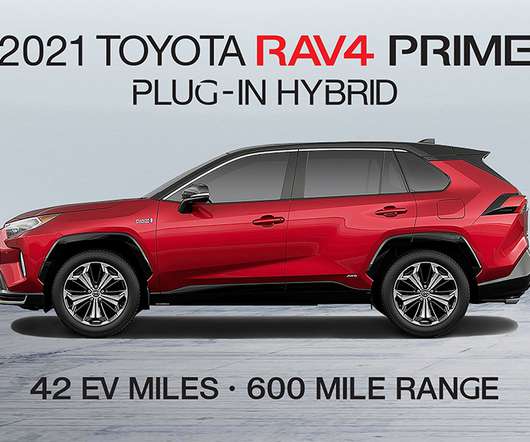
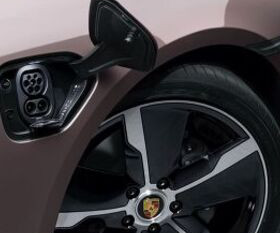



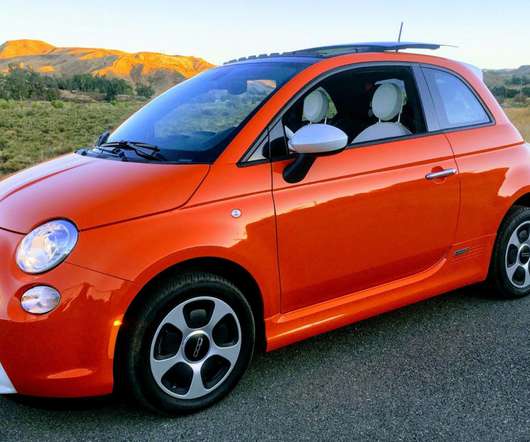

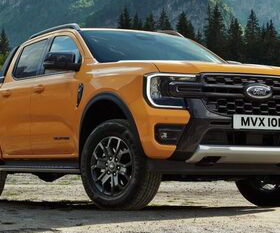






Let's personalize your content